Featured Research
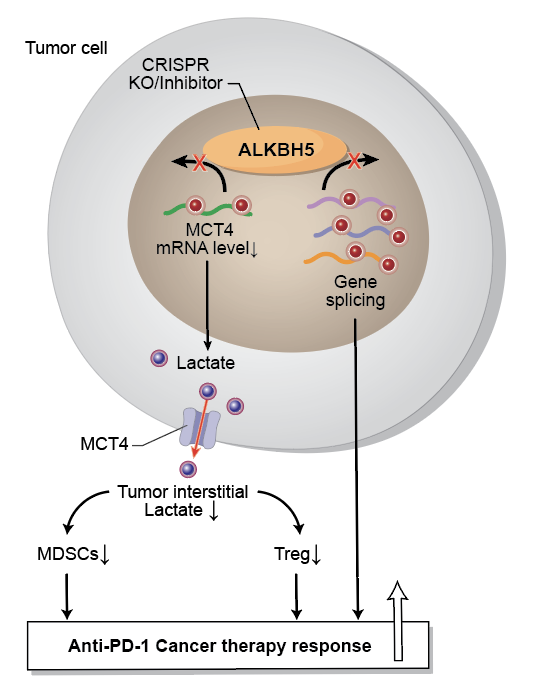
UC San Diego researchers found that when an RNA-editing enzyme ALKBH5 is inhibited during cancer immunotherapy, metabolites in the tumor microenvironment change is such a way that fewer immune-suppressing cells accumulate, making the treatment more effective at shrinking tumors. UCSD Health News Aug 2020
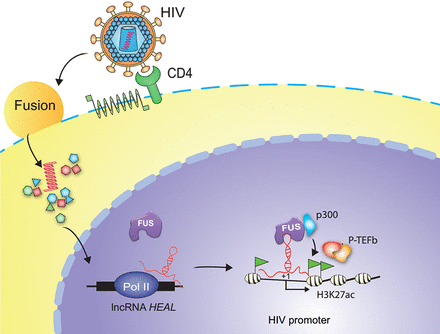
Using genetic sequencing, University of California San Diego School of Medicine researchers have identified a principal cellular player controlling HIV reproduction in immune cells which, when turned off or deleted, eliminates dormant HIV reservoirs. UCSD Health News Sep 2019
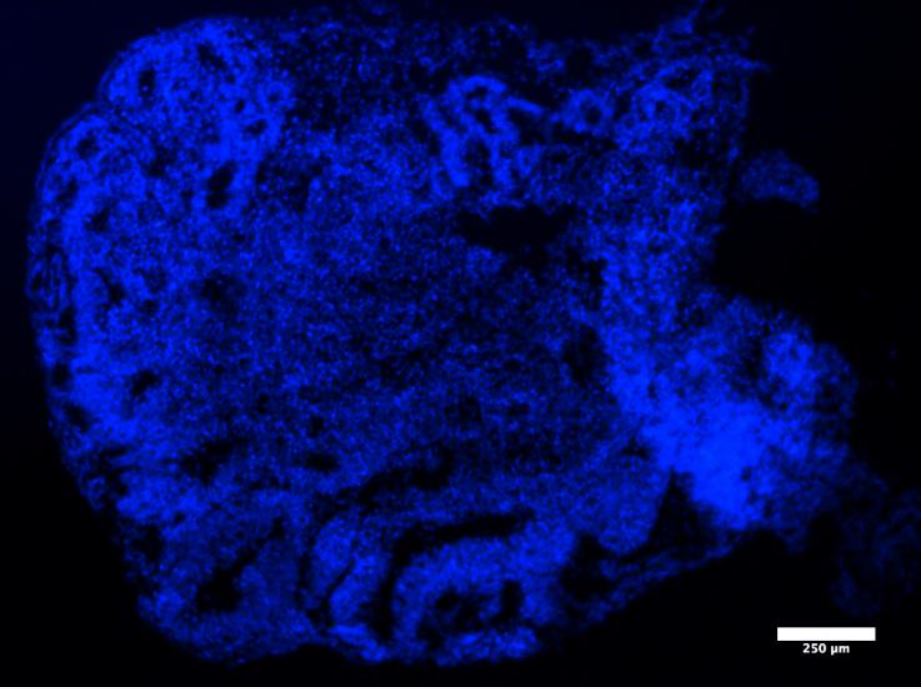
“Zika causes a fetus’s developing brain to essentially attack itself in a pregnancy, according to remarkable new research into the mosquito-borne virus. And there might be a way to stop it. As images of babies born with shrunken skulls continue to emerge from Zika-stricken countries, the research helps answer a persistent question of how, exactly, the virus arrests a baby’s development in utero” – Newsweek, May 2016
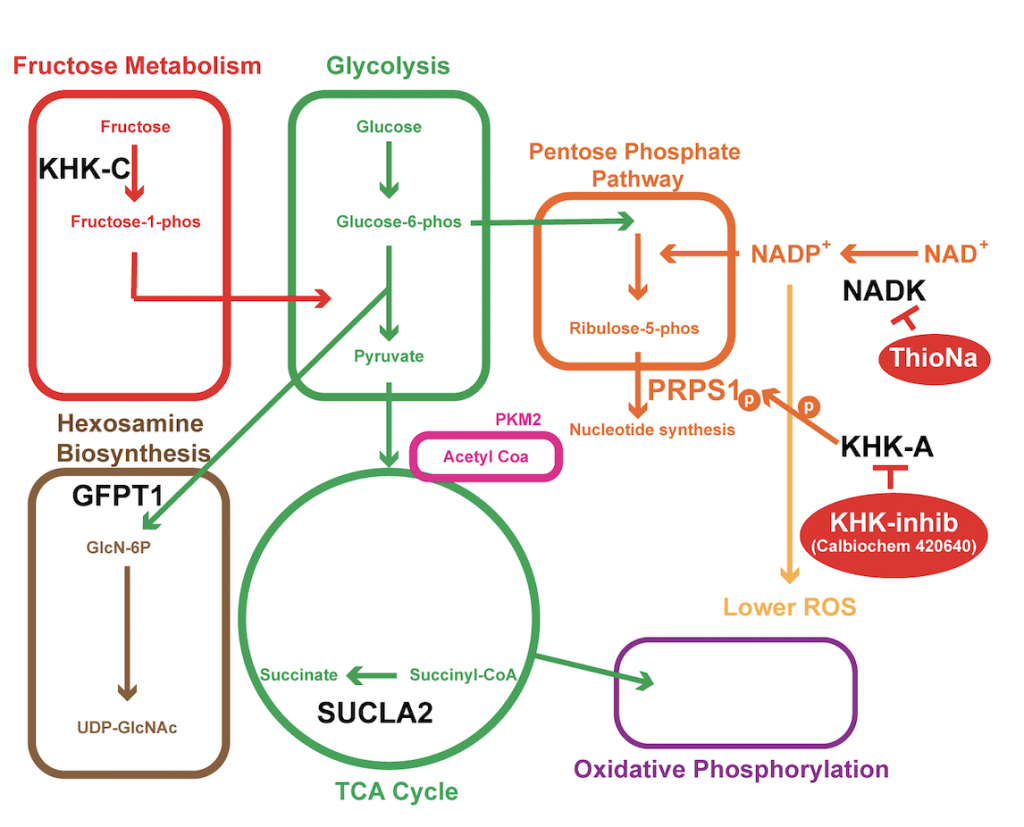
Cancers driven by mutations in the KRAS gene are among the most deadly. For decades, researchers have tried unsuccessfully to directly target mutant KRAS proteins as a means to treat tumors. Instead of targeting mutant KRAS itself, researchers at University of California San Diego School of Medicine are now looking for other genes or molecules that, when inhibited, kill cancer cells only when KRAS is also mutated. – UCSD Health Newsroom, September 27, 2017
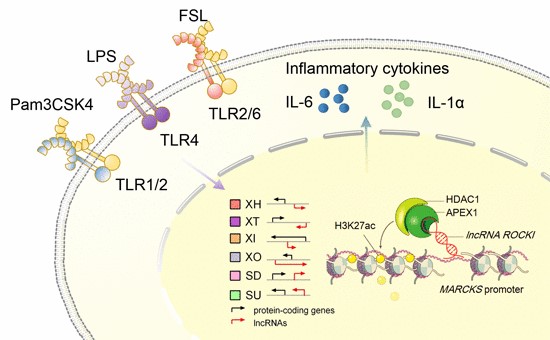
“There are many genes and proteins being studied for their roles in inflammation and innate immunity, as well as for drug design,” said Tariq Rana, PhD, professor of pediatrics at UC San Diego School of Medicine. “Yet only two percent of the human genome actually encodes proteins.” – UCSD Health Sciences, March 27, 2019
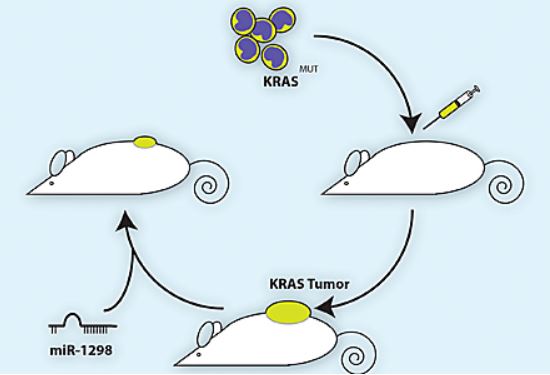
“Approximately 20 percent of all human cancers have mutations in a gene called KRAS. Kras-mutant cancers are among the most difficult to treat, with poor survival and resistance to chemotherapy. Researchers at University of California San Diego School of Medicine and Moores Cancer Center used microRNAs – small pieces of genetic material – to systematically inhibit thousands of other genes to find combinations that are specifically lethal to cancers driven by a KRAS mutation.”- UC San Diego Health, October 2016
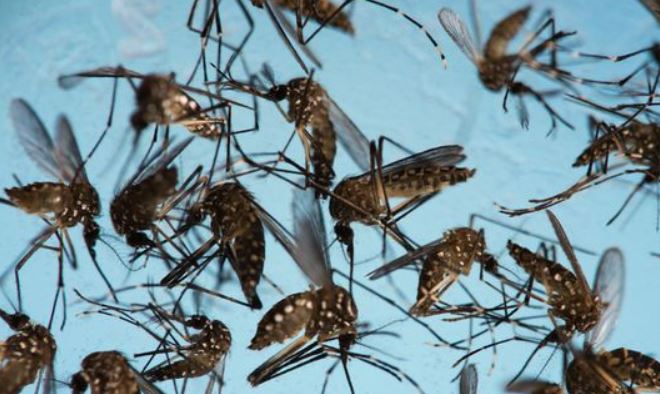
“Researchers have discovered a piece in the puzzle of how the Zika virus spreads in human cells and neutralizes the body’s defenses. A study by scientists at the University of California, San Diego School of Medicine answered a fundamental question posed by biologist: ‘What happens when the virus enters a human cell?'” – USA Today, October 2016

“Better therapies for treating individuals infected with HIV have been slow to make it out of the laboratory and deep into clinical trials. Now, a team of researchers at University of California, San Diego School of Medicine believe they have uncovered an essential piece of data that has been overlooked for decades.” – Genetic Engineering & Biotechnology News, 2016